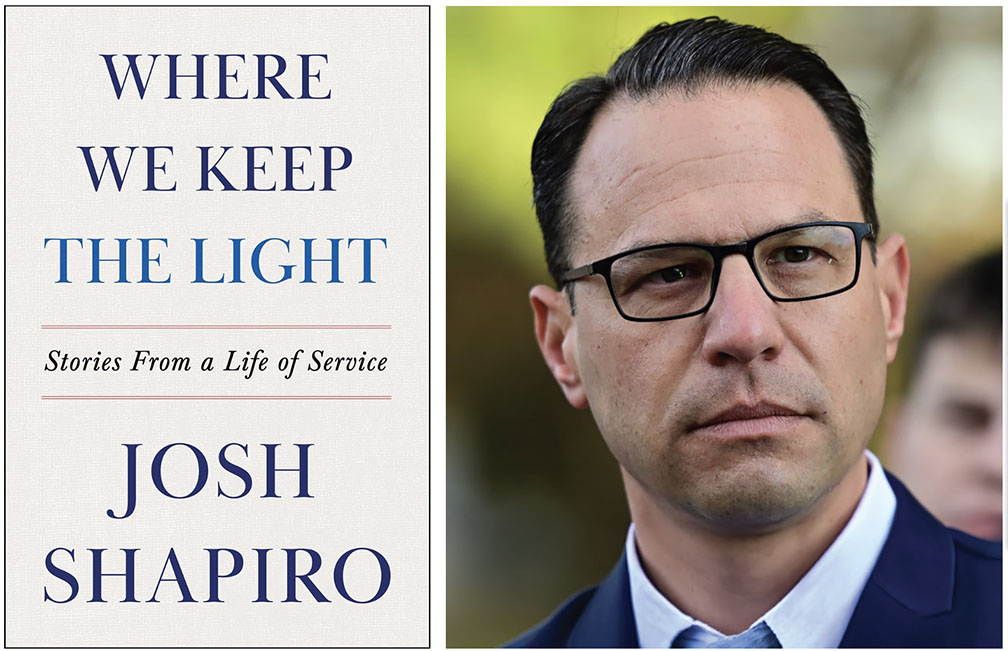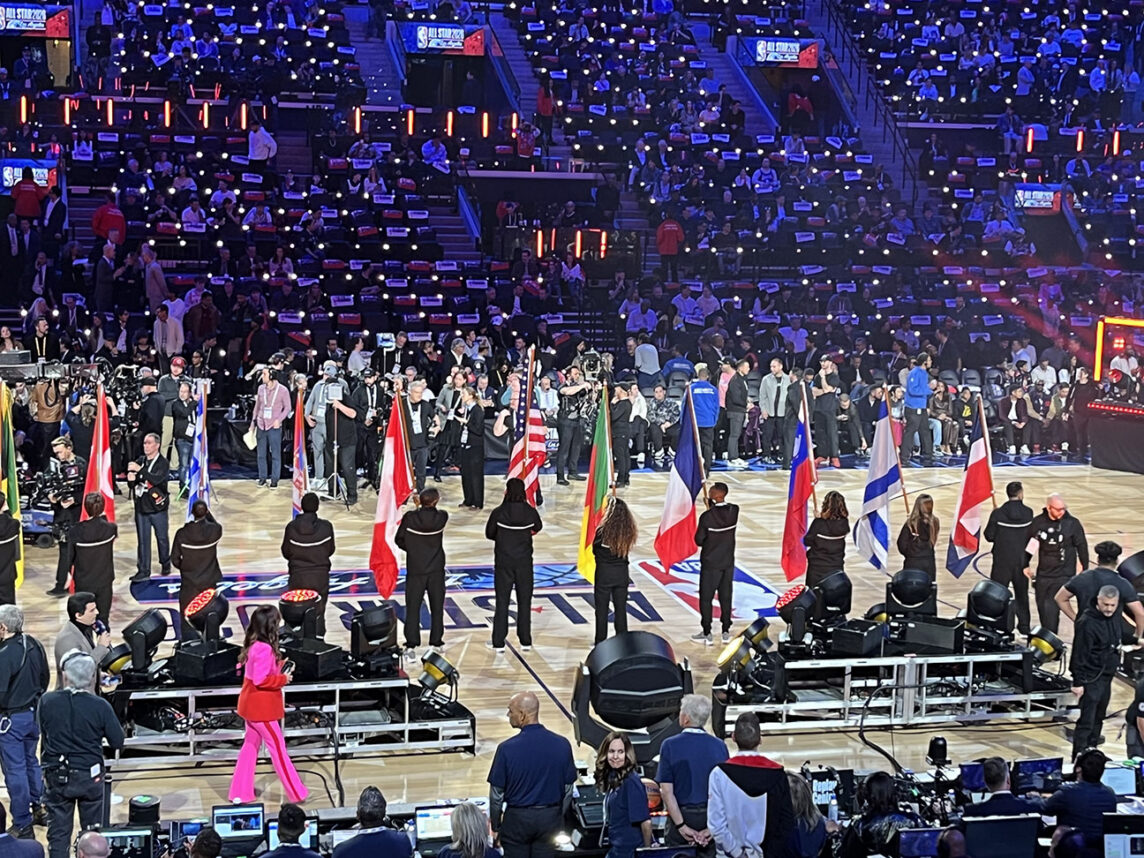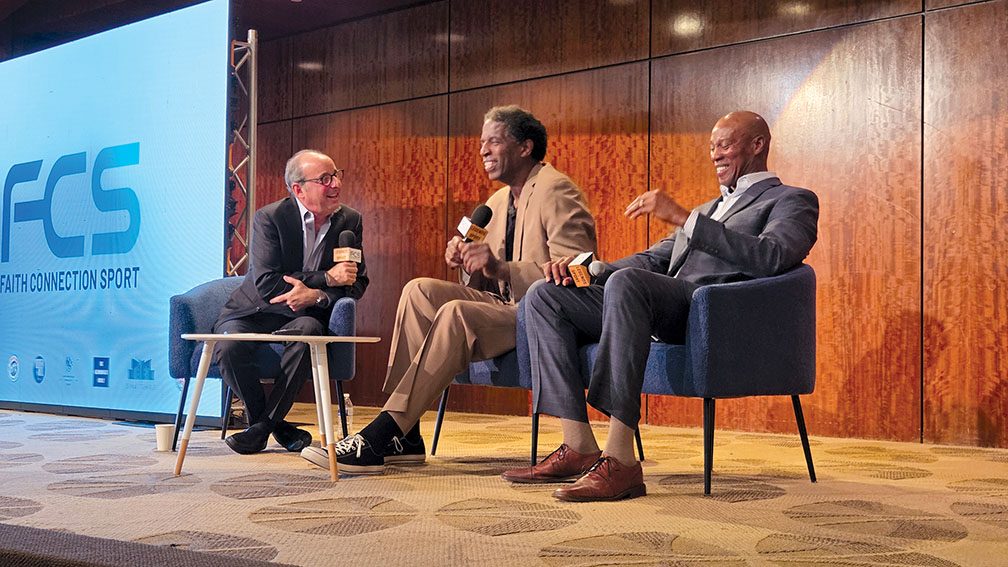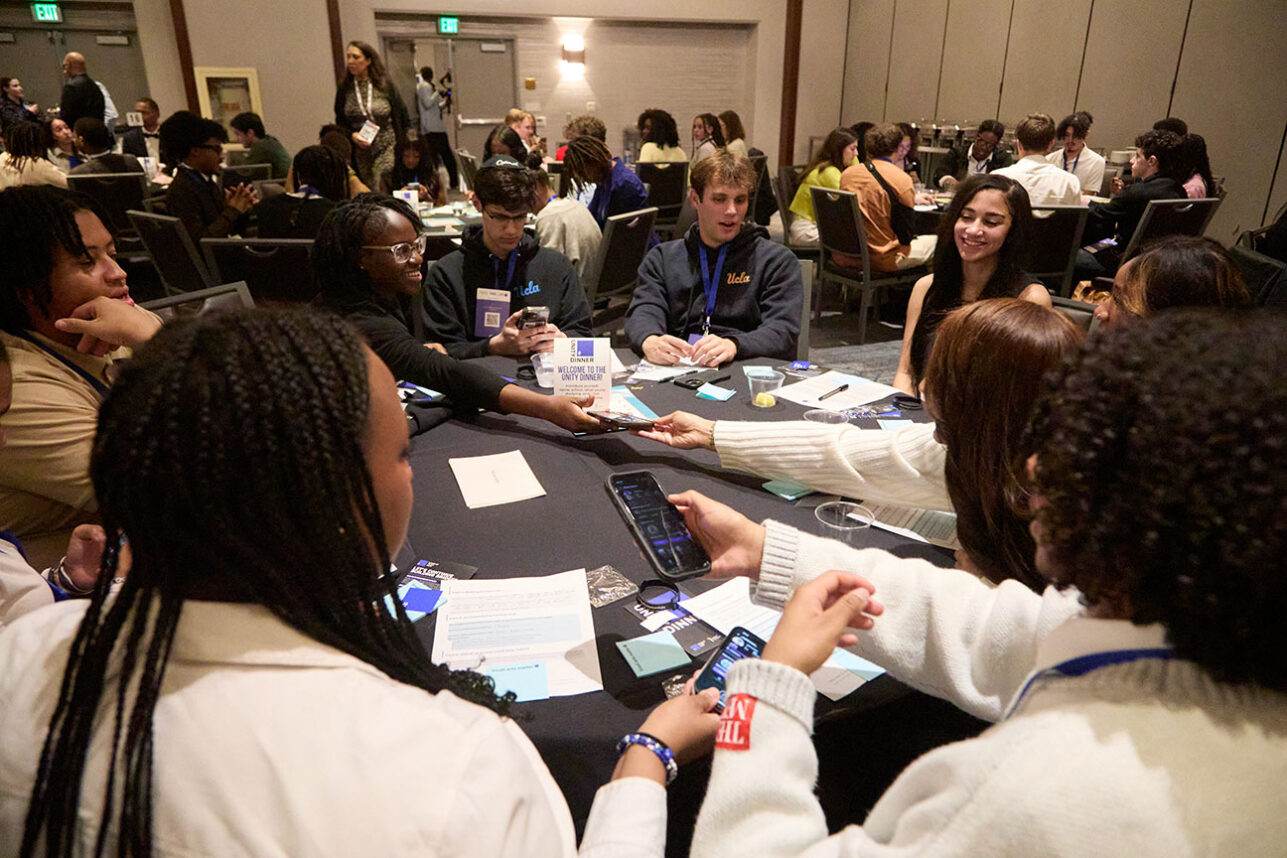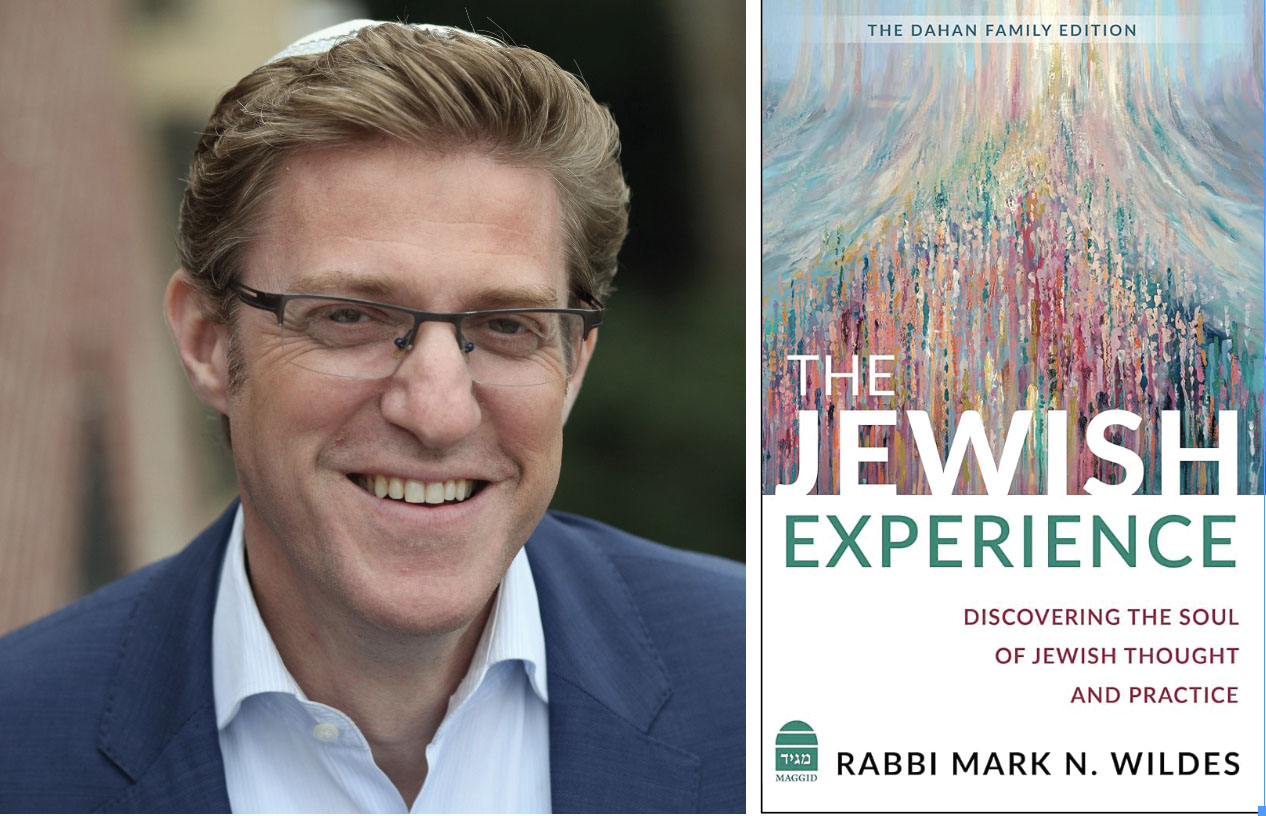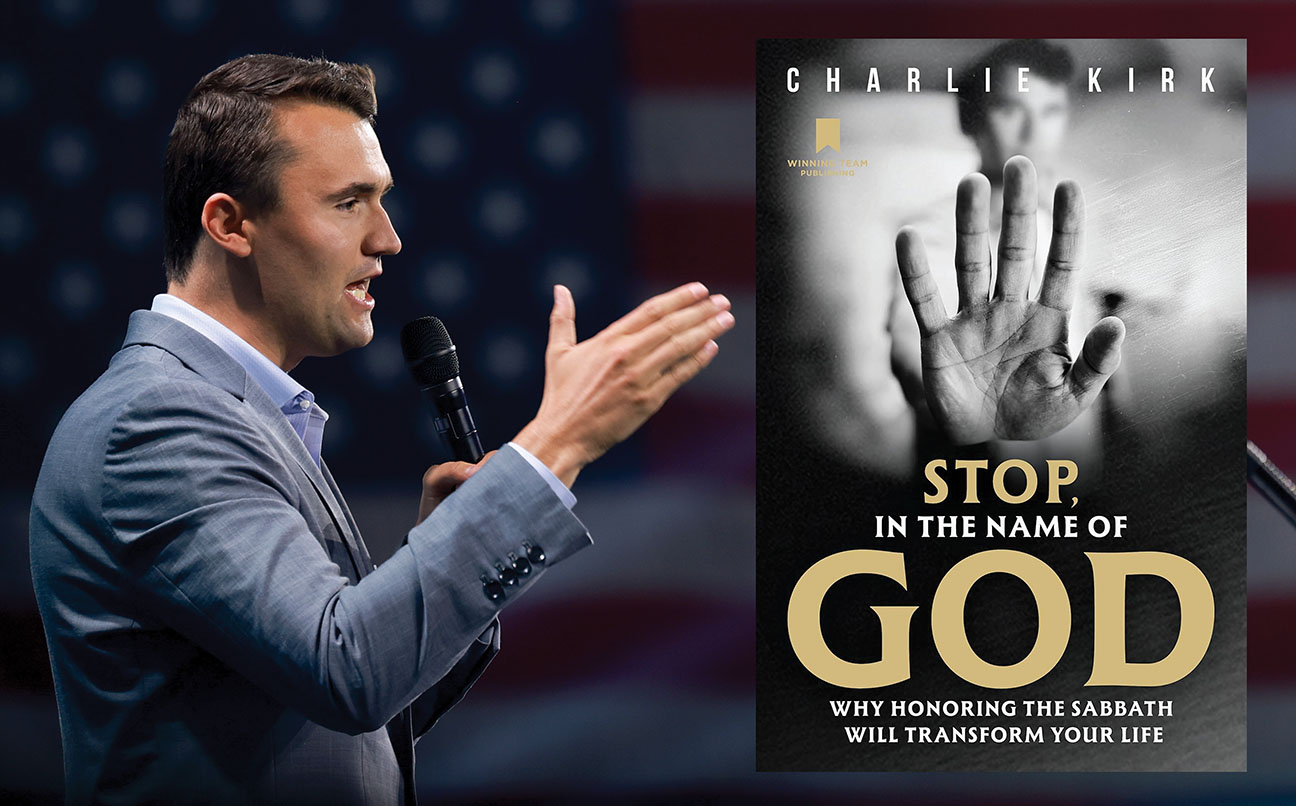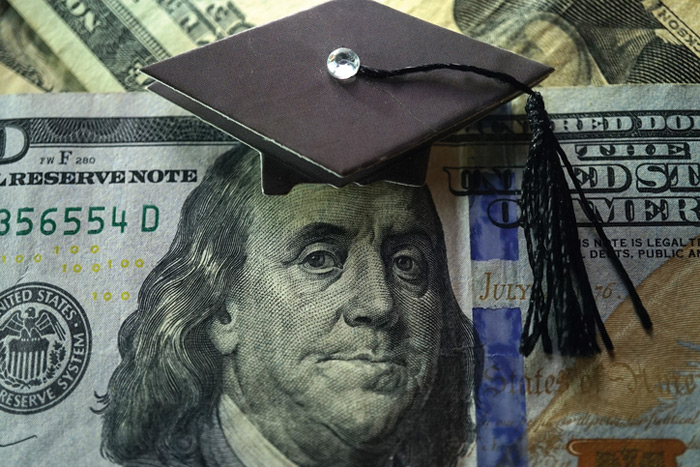
The Biden Administration’s detailing of its student loan forgiveness plan on October 6 may help more than one-third of those enrolled in the program, but that hasn’t pleased everyone.
At a screening and discussion of “Scared to Debt,” presented by USC School of Cinematic Arts, on October 14, a panel moderated by USC professor of Critical Studies and vice dean for Academic Affairs Michael Renov that included the film’s director, Michael Camoin, Rabbi Jason Rosner of Temple Beth Israel of Highland Park and Eagle Rock, social justice activist Kiyomi Kowalski and Alan Collinge, author of “The Student Loan Scam.” Pre-recorded comments from Senate Majority Leader Chuck Shumer (D-N.Y.) and USC President Dr. Carol L. Folt laid out the main points of the plan.
“For generations, higher education has been a ladder up to the middle class, especially for [minorities],” Schumer said. “But today, student debt is an anchor weighing too many down. Listen to this truly frightening number: Over 43 million Americans owe more than $1.7 trillion in student loan debt. Roughly one in five of them is in default, damaging their finances and credit scores for years — maybe decades.”
Folt said that access and affordability are priorities that USC embraces. “In my first year, I announced an affordability initiative for undergraduates. This program makes USC tuition-free for undergraduates whose family annual income is $80,000 or less, and it removes home equity when considering a family’s contribution.”
The new policy is making a difference. According to Folt, more than 20% of the newly enrolled first-year students were part of the program, and one-third of them are first-generation students.
They received some pushback from the panel. Collinge, who is featured in Camoin’s film, said that even before the pandemic, 80% of borrowers were not going to be able to pay off their debts because of complicated and unfair policies from the government and lenders.
Camoin agreed, and scolded Albert Lord, the CEO of Sallie Mae, for regarding universities as his customers instead of students.
Instead of being loudly committed to resolving the stickiest portions of student loan debt forgiveness, Collinge added that the GOP largely has camped, uninvolved, on the sidelines. They need to take care of their own, he said, since “55% of student loan borrowers identify as Republican.”
Kowalski explained that she is deliberately not married for what she called strategic reasons. Her original $34,000 student loan has ballooned past a half-million dollars.
During their 45-minute discussion, the panelists concurred that the misunderstood, balky and complicated issue of student loan debt forgiveness should be a priority for Congress and influential Americans.
Rosner noted that the shmita (or release) year is just underway, capping an every-seventh-year cycle when debt forgiveness is a major requirement, not merely a good idea. He was optimistic about a solution.
“There is a larger public outcry because each year, more people reach the point where they can be forgiven, and they become enraged when they find that this debt can’t be discharged,” he said.
“There is so much convergence between debt forgiveness, equity and Jewish values to explore.”— Lisa Ansell
Lisa Ansell, associate director of the USC Casden Institute for the Study of the Jewish Role in American Life, ended the discussion with a Jewish bent. She said, “There is so much convergence between debt forgiveness, equity and Jewish values to explore.” n




















